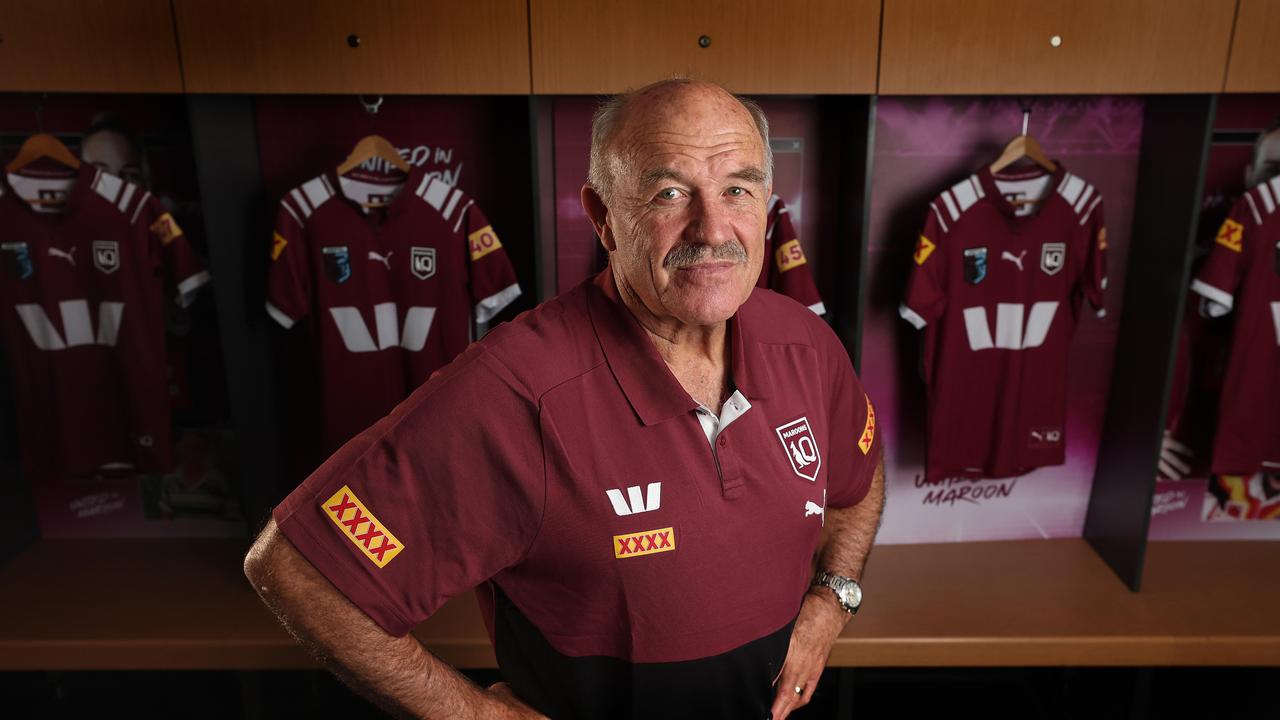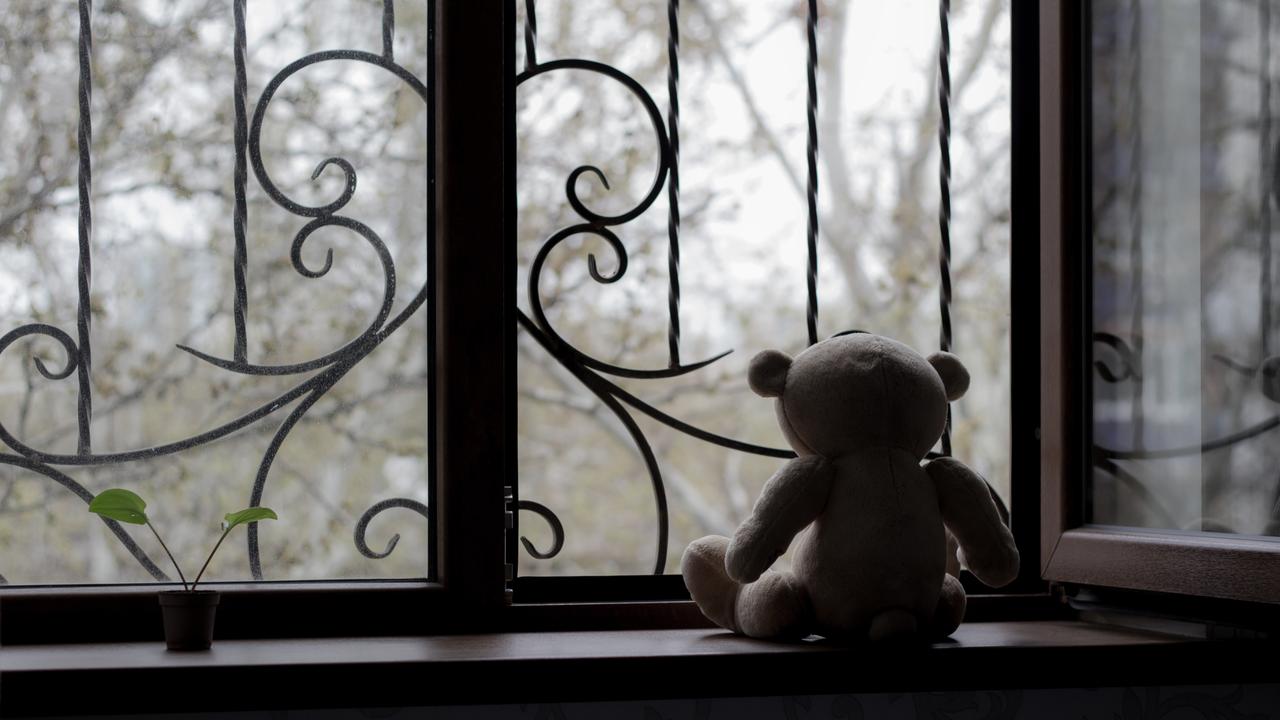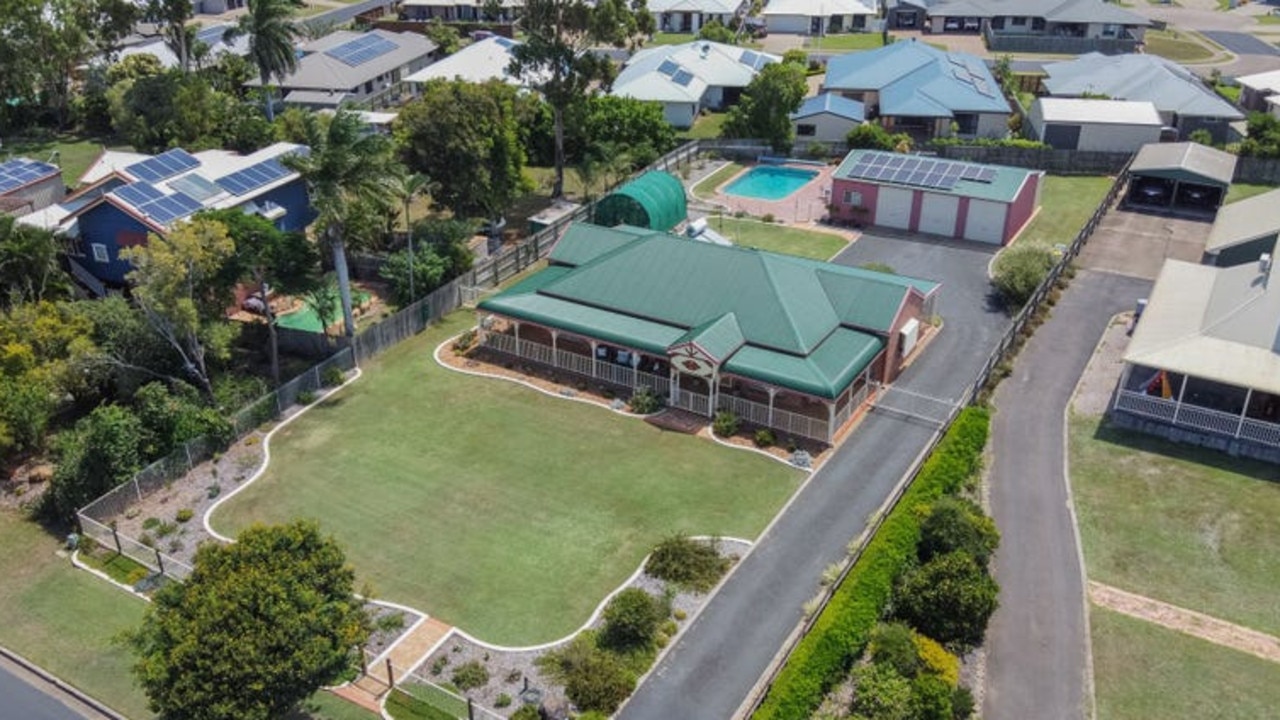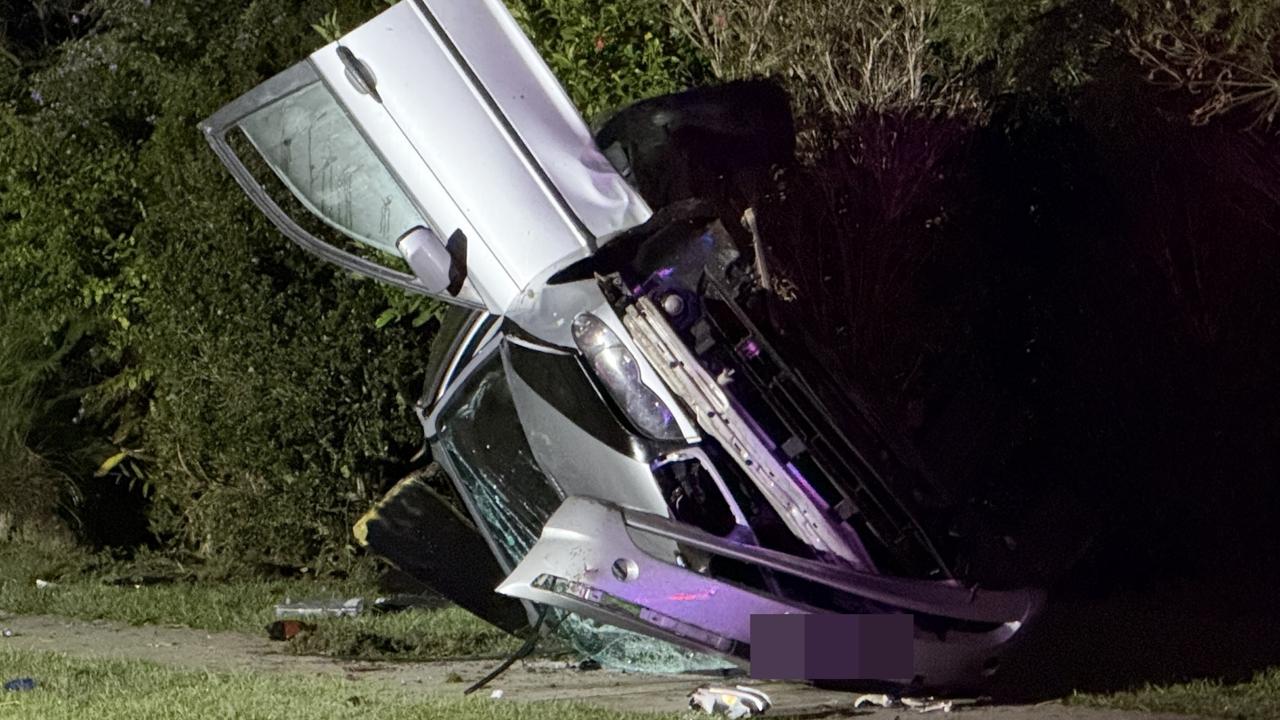Bulk billing incentives won’t significantly improve affordable health care, according to Bundaberg GPs
Despite $3.5bn worth of incentives, Bundaberg GPs have explained why new changes may not be enough to make private practices offer bulk billing to the most vulnerable patients.

Bundaberg
Don't miss out on the headlines from Bundaberg. Followed categories will be added to My News.
Bulk billing incentives for GPs introduced with the 2023-24 budget will do little to make healthcare more affordable, according to Bundaberg GPs.
The latest budget included a tripling of the fee paid to GPs by the federal government for bulk billed appointments.
From November 1 GPs in regional areas will receive $39.65 for a standard consultation with eligible patients, an increase from $13.15.
The changes will apply to bulk-billed appointments with children under the age of 16, concession cardholders and pensioners.
With research showing 20 per cent of people have put off health care visits due to the cost of living crisis, Royal Australian College of GPs president Dr Nicole Higgins welcomed the move as a “game changer” that will increase access to affordable health care.
But Bundaberg GPs are more lukewarm, saying the benefits are too narrow in being applied only to the most vulnerable patients, for whom many GPs are already providing bulk billing.
Bundy champs rewrite record book, eye A-League game
West Bundaberg Medical Centre owner Dr Shafiq-Ur Rehman, a bulk-billed practice, said he had considered changing to mixed-billing due to rising costs.
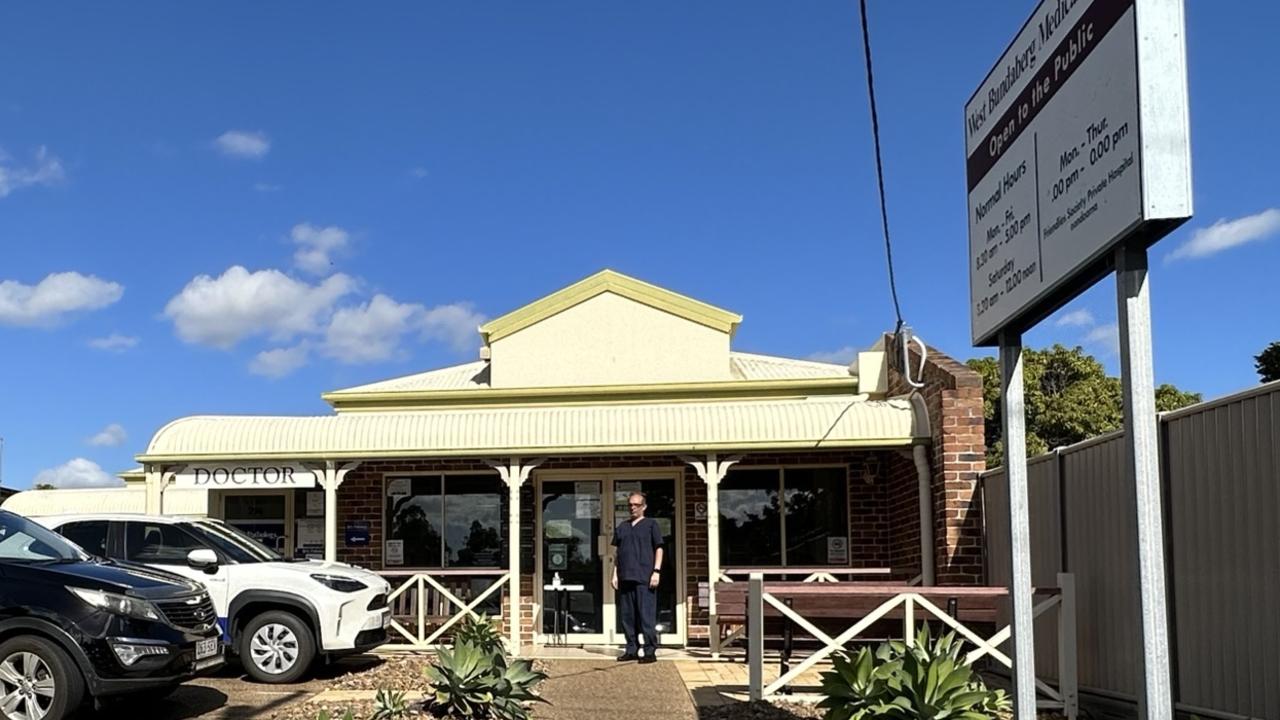
Dr Rehman said that beyond the bulk billing incentives, he wants to see an increase to the Medicare rebate for all appointments without which he said a fully bulk billed service is not feasible.
“Even with the increase in the bulk billing incentives, there will be little relief for medical centres,” he said.
Dr Venu Pabbati of Aspire Medical Centre in Bundaberg South welcomes the incentives to his mixed billing practice, which he says provides some relief to his business’ bottom line.
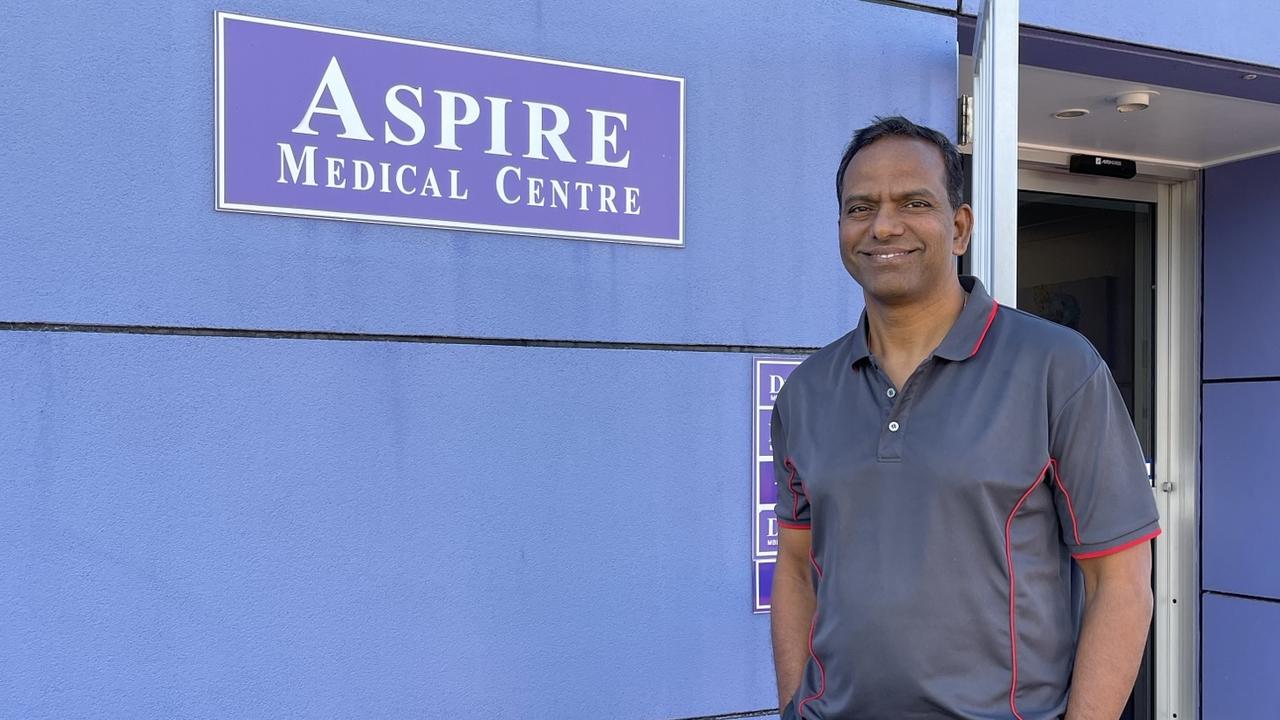
“We were struggling because wages have gone up, electricity, everything has gone up,” Dr Pabbati said.
“(The tripled incentives) are definitely an added advantage to us … financially we will be in a better position.”
However, the improved financial position isn’t sufficient to extend bulk billing to all patients; instead Dr Pabbati will invest the added revenue back into the practice.
Dr Pabbati said while the incentives may not be enough to offer bulk billing to all patients, more private clinics may consider offering mixed billing since the increased incentives will cover almost all costs for standard consultations for eligible patients.
Dr Pabbati said that the Medicare rebate and tripled incentive will see nearly $72 returned to his practice from a standard child consultation, which covers almost all of the $76 in costs for that type of appointment.
Speaking at a media conference at his medical centre, Ashfield Country Practice GP Dr Brad Murphy was less confident that the incentive would be enough for private clinics to start offering bulk billing to eligible patients.

“I don’t think this is necessarily going to turn around those that have chosen to move away from bulk billing, because that has required a lot of effort and choices by GPs and the cost of running the practice, generally, is still quite high,” he said.
Ashfield Country Practice offers bulk billing to Indigenous patients with health checks in place and chronic disease management plan, and bills the Department of Veterans Affairs for Veteran Gold Card holders.
Dr Murphy agreed that an increase in the Medicare rebate across the board was needed to cover costs.
Man charged with 52 counts of fraud after Crime Stoppers tip-off
“We have to make sure that the Medicare rebate still covers the cost of providing the service, and sadly it doesn’t always do that across the spectrum of services that we provide,” he said.
“This is a great start … which we absolutely applaud; but it‘s probably not going to be where we need to stop.”
A recent Australian Medical Association analysis found that $3.8bn was stripped from primary health care by freezes to the Medicare rebate indexation by Labor and Coalition governments between 2013 and 2018.
The tripling of the bulk billing incentives will cost the budget $3.5bn over five years.
More Coverage
Originally published as Bulk billing incentives won’t significantly improve affordable health care, according to Bundaberg GPs




